As Mushk moves towards its conclusion, it changes gear to become a traditional drama in order to highlight the social evils around us. From forced child marriages to following fraud religious men, especially in rural areas, everything is tackled in such a way that it doesn’t come out as crass. Also, the performances from each and every actor is worth praise, because they look more like their character than the actors playing those characters. Mushk’s seventeenth, eighteenth, and nineteenth episodes make you want to know more about the ending, which should be a happy one, otherwise, no one will remember the play once it ends.
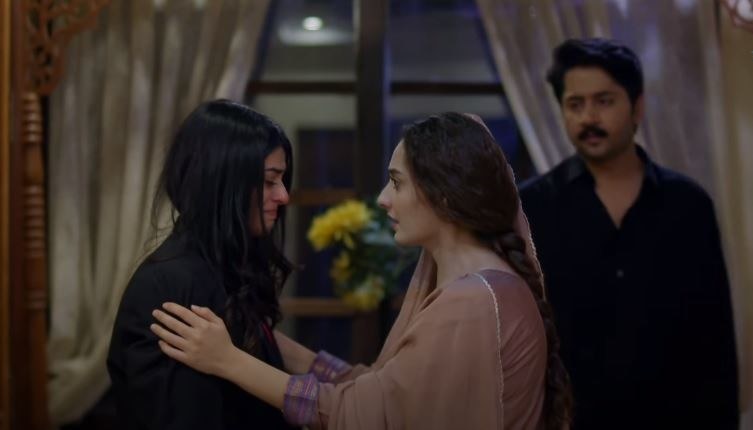
The Plot
With Roshni (Seher Khan) back home, the story moves in Shayan’s direction who is all set to marry his younger cousin to save his own sister’s marriage. En route to Shayan’s village, Guddi (Urwa Hocane) decides to meet her parents and is rebuked by her mother for showing up unannounced. After leaving her place, she accompanies Mehek (Momal Sheikh) to her husband’s Nikaah, where they witness the ceremony from afar, and decide to leave without confronting him. Taaya (Hasan Ahmed) also finds out that he can walk and starts to plan his ‘steps’ ahead. Tragedy strikes for Saqib (Raza Talish) who loses the very sister for whom he sold Roshni to the highest bidder!
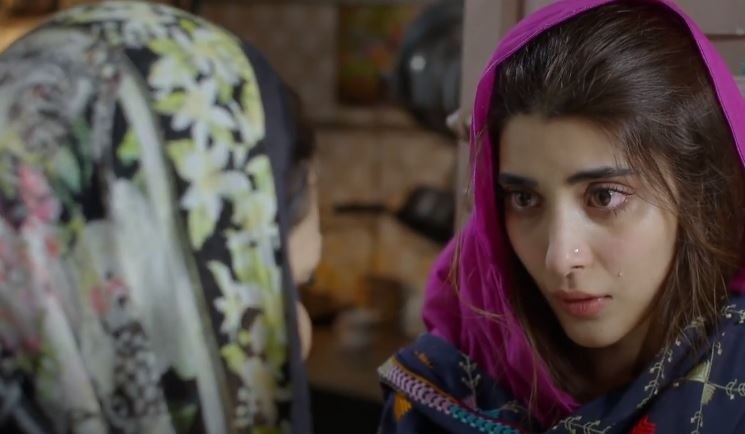
The Good
Mushk boldly goes where no one has gone before, not in the recent past specifically. To discuss child marriage and runaways in a drama, and highlighting the reasons behind it is what makes Mushk the perfect drama on air at the moment. From Imran Ashraf to Osama Tahir, from Momal Sheikh to Urwa Hocane, from Manzoor Qureshi to Raja Haider, and from Hasan Ahmed to Sami Khan the child actor, everyone has a specific job to do, which they excel in. Be it the scene where Guddi returns to her home or the one where Shayan prefers to sleep on the ground, each scene was executed well, connecting with the audience and also highlighting the issues at hand. The dialogues seem to have been borrowed from classic PTV dramas for they sink in after they are delivered, the story seems closer to home for one reason or another and the excitement is at a high, now that the play might be moving towards a conclusion.
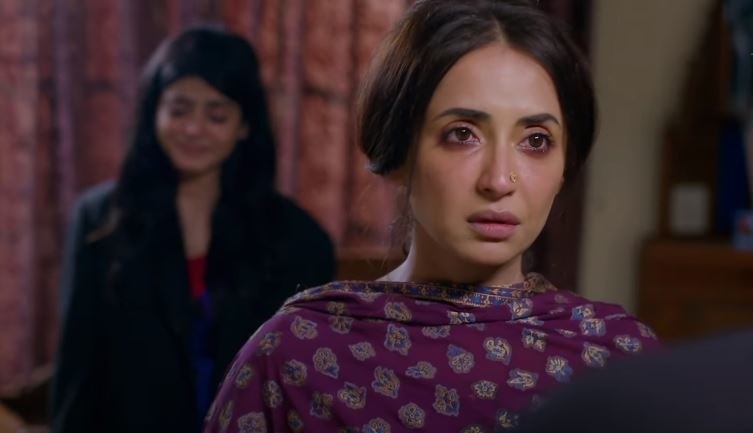
The Bad
After what he had done, there was no need to continue the character of Saqib until the final episode. The scene where he dreams of a confrontation with Roshni somehow seemed forced, especially when the young Raza Talish was delivering his lines in front of a more expressive Seher Khan. As the grandson of one of the most expressive and versatile actors Pakistan has ever produced, he should have done it from the heart. Also, there were fewer scenes of Zuleikha (Zara Tareen) who has so far carried the play on her ‘evil’ shoulders. How could her character miss the transformation of her husband (Hasan Ahmed) in front of her own eyes is something that needs to be looked at. For someone who pays off her daughter’s suitor before he can make his move, this lack of judgment was least expected.
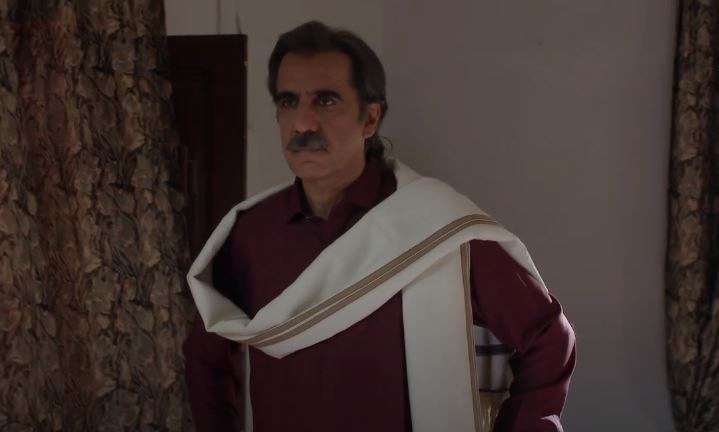
The Verdict – Mushk gets more interesting as it moves towards a conclusion!
Mushk has been Imran Ashraf’s baby from the very first episode; he has written it to perfection, especially the scenes where the actors were supposed to express emotions than deliver dialogues. As a writer, he has shown that you can play the central character and not be the center of the drama at the same time. His Adam was nowhere when the play started, took the center stage in the middle, and is now lost amongst the many characters towards the end. Aehsun Talish’s direction must also be commended for the two really complement each other. It is never easy to both control an ensemble cast and give importance to each one of them, and he has done exactly that. Highlighting social issues and condemning some acts that are considered a norm in society is a bonus that makes Mushk stand out amongst the competition.
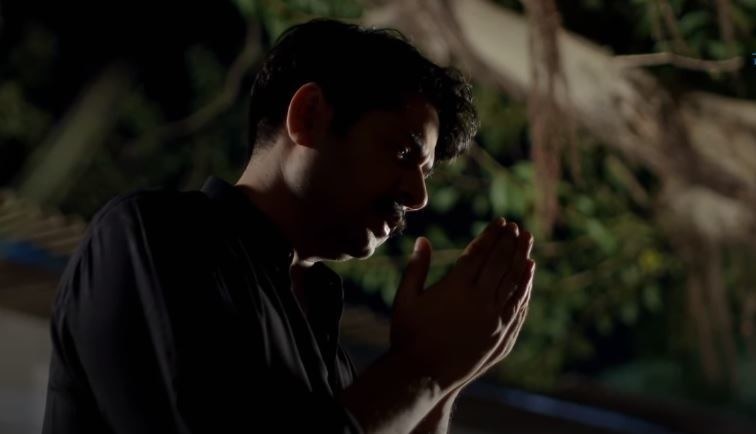
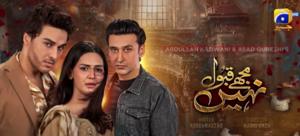


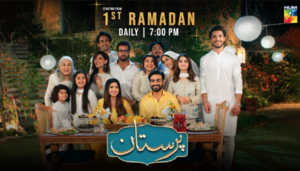
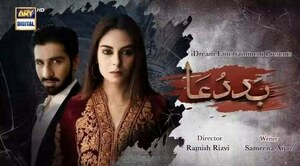


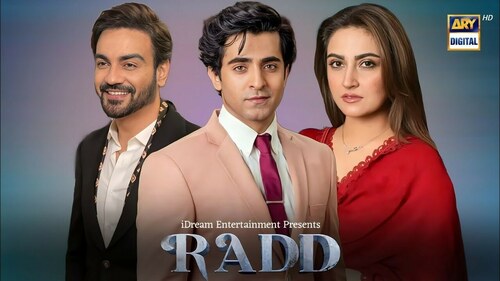

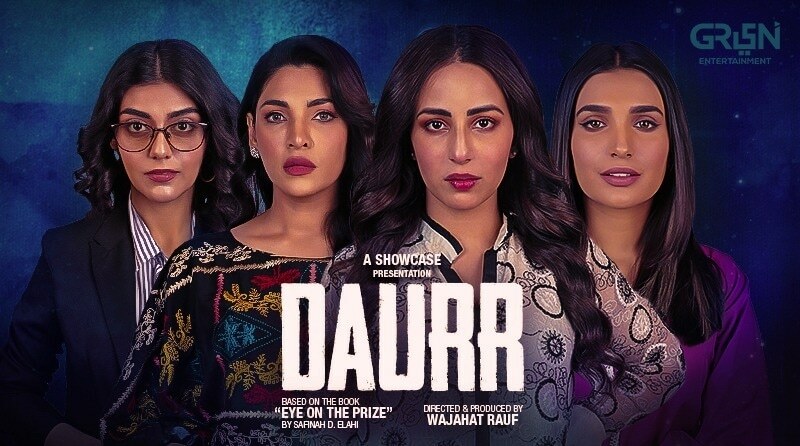

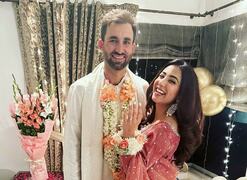
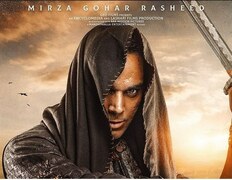
What do you think